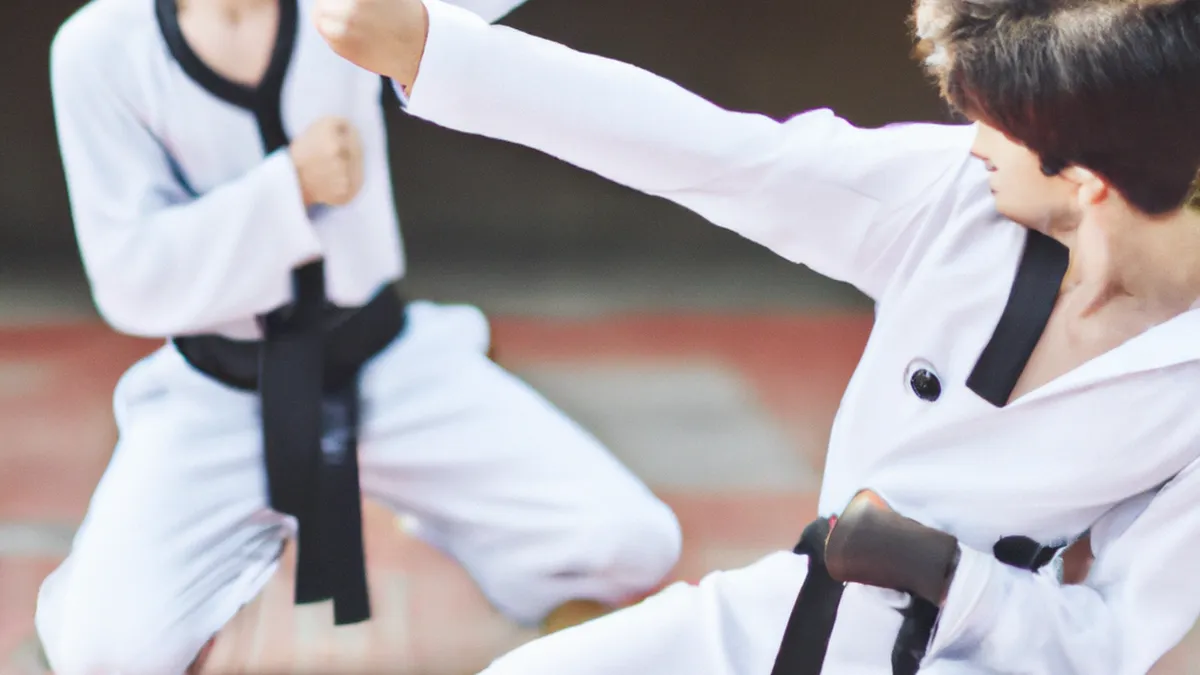Ground Your Mind in Karate Training
Mindfulness in Martial ArtsMartial arts combines physical combat with self-discipline, strategy, mental focus, and emotional regulation. Practitioners often focus on physical training, but mindfulness enhances their practice. This blog post explores mindfulness, its importance in martial arts, practical incorporation methods, and benefits for practitioners.
What is Mindfulness?
Mindfulness means being fully present and engaged in the moment. It involves acknowledging thoughts, feelings, and sensations without judgment. In martial arts, mindfulness connects the body and mind, deepening understanding of movements and intentions.
The Importance of Mindfulness in Training
Martial arts training requires intense concentration. Mindfulness sharpens that focus. When practitioners stay present, they absorb techniques better, improving skills. Mindfulness helps martial artists respond effectively in combat. Instead of reacting impulsively, they can act with clarity and strategic thought.
How to Practice Mindfulness in Martial Arts
To incorporate mindfulness, practitioners need intention and practice. Here are several practical tips:1. **Breathe Deeply**: Start each session with deep breaths. Inhale through your nose and exhale through your mouth. This centers your mind and calms racing thoughts.2. **Be Present**: Focus on each movement during practice. Notice how your body feels while executing techniques. Acknowledge thoughts but let them pass without judgment.3. **Slow Down**: When learning new techniques, slow your movements. Understand each component fully. This method enhances awareness and comprehension.4. **Visualize Success**: Before executing techniques, visualize performing them perfectly. Picture yourself confident and successful. Visualization primes your mind and body.5. **Reflect Post-Training**: After training, take a few minutes to reflect. Consider what went well and what challenges you faced. This self-reflection identifies improvement areas and reinforces mind-body connection.
Mindful Sparring
As an Amazon Associate I earn from qualifying purchases.
Gear tip: consider compression sleeves, compression socks, and percussive massager to support this topic.
Sparring plays a crucial role in martial arts practice. Mindfulness enhances sparring sessions, allowing practitioners to respond thoughtfully.
Conclusion
Incorporating mindfulness into martial arts training significantly benefits practitioners. It sharpens focus, improves skills, and enhances overall performance.
Below are related products based on this post:
FAQ
What is mindfulness in martial arts?
Mindfulness in martial arts refers to being fully present and engaged during practice. It involves recognizing thoughts, feelings, and sensations without judgment, which helps connect the body and mind, enhancing the understanding of movements and intentions.
Why is mindfulness important in martial arts training?
Mindfulness is crucial in martial arts training as it sharpens concentration and improves the absorption of techniques. By staying present, practitioners can respond more effectively in combat, acting with clarity and strategic thought rather than reacting impulsively.
How can practitioners incorporate mindfulness into their training?
Practitioners can incorporate mindfulness by breathing deeply at the start of each session, focusing on movements, slowing down to understand techniques, visualizing success, and reflecting post-training. These methods enhance awareness, comprehension, and the mind-body connection.















Post Comment